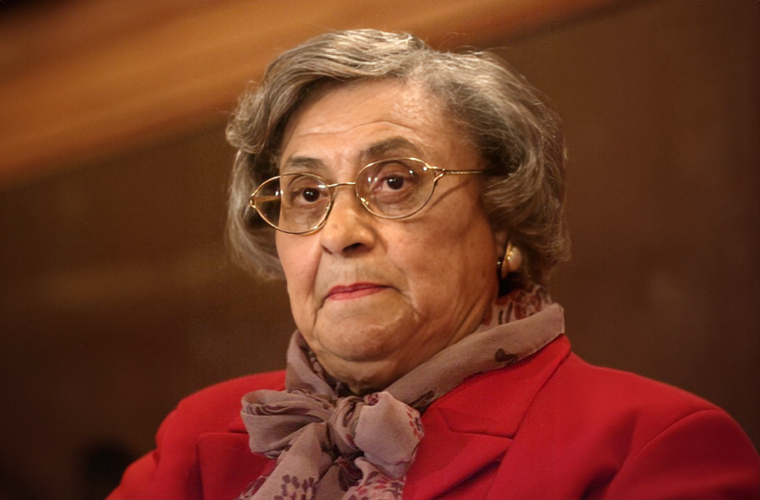Essie Mae Washington-Williams was a woman of remarkable courage and resilience. Born on October 12, 1925, in Aiken, South Carolina, she was the daughter of the late Senator Strom Thurmond and his family’s African-American maid, Carrie Butler. Essie Mae’s story is one of strength and determination in the face of adversity, as she navigated a world that was often hostile to her existence. Growing up in the segregated South, Essie Mae experienced firsthand the injustices of racial discrimination. Despite this, she excelled academically and went on to attend South Carolina State University, where she earned a degree in English. She later pursued a career in education, teaching at several schools in South Carolina.
For many years, Essie Mae kept her true identity a secret, as she did not want to disrupt her father’s political career. However, in 2003, she made the decision to go public with her story, revealing that she was the daughter of Strom Thurmond. Her announcement made national headlines and sparked a conversation about race, identity, and family secrets.
Despite the challenges she faced, Essie Mae remained steadfast in her commitment to education and civil rights. She served on the board of directors for several organizations, including the NAACP and the South Carolina State University Foundation. She also established the Essie Mae Washington-Williams Scholarship Fund, which provides financial assistance to African-American students pursuing higher education.
Essie Mae’s life serves as a reminder of the resilience and strength of the human spirit. Her legacy continues to inspire those who seek to make a positive impact in their communities and beyond. As we reflect on her life and legacy, let us honor her memory by continuing to fight for equality and justice for all.

